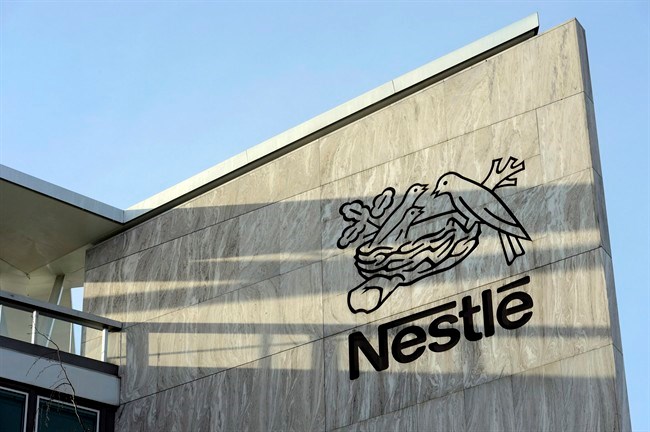Premier Christy Clark has ordered a review of the fees charged to bottled-water companies, amid a public backlash that accused her government of being too generous with the province’s water during a summer drought.
Clark said the government is rethinking the new groundwater rate structure it plans to charge companies as of Jan. 1.
The decision came after more than 200,000 people signed an online petition calling the rates too low, since a company like Nestlé can bottle 265 million litres of water annually for only $596.
“We are going to go back and look at the pricing for the big water bottlers in the province and make sure that’s appropriate,” Clark said on Monday. “Because what we’ve heard is people say they don’t think it’s appropriate. They think we should be at the top end … for some of that water that the big bottlers are extracting. So we want to find a way to see whether or not we can do that.”
Petition creator Liz McDowell welcomed the move, and said she plans to present her petition to Environment Minister Mary Polak’s office on Wednesday.
“It’s a really good start and I hope that they set much more robust rates and make sure they are covering the cost of protecting our groundwater supply,” she said.
Polak said the intent of the rates is not to commodify water, but to cover the cost of administering the groundwater licensing rules that come into effect next year.
Swiss-based Nestlé, which is the biggest bottled-water company in B.C., said it extracts fewer than one per cent of the available groundwater near Hope, and is prepared to pay a reasonable fee that covers the cost for government to regulate and map the province’s water supply.



